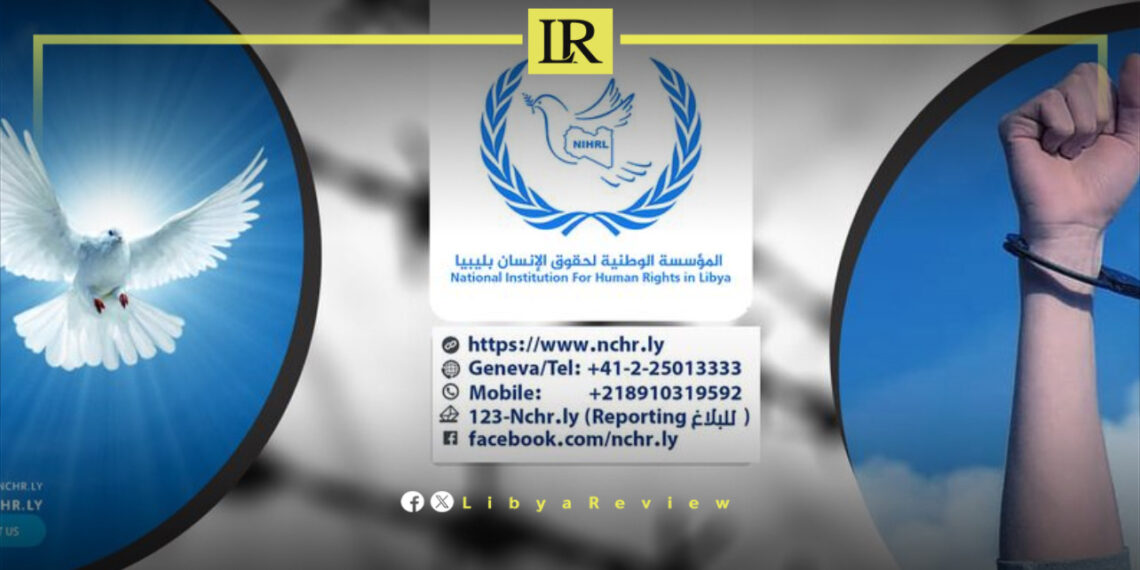The National Institution for Human Rights in Libya (NIHRL) has expressed significant concern over reports that the Government of National Unity (GNU), led by Prime Minister Abdel-Hamid Dbaiba, has implemented travel bans affecting members of the Libyan House of Representatives and the High Council of State, as well as other citizens and government officials.
The NIHRL has reported that these individuals—duly elected and representative of the people’s legitimate authority—have been arbitrarily added to security databases and restricted from travelling at both land and air border controls, with no legal basis provided.
The institution has underscored that such restrictions on freedom of movement should only be enacted under direct judicial orders, originating specifically from the public prosecutor’s office or the courts. It highlighted that the measures enforced by the GNU’s security agencies represent an illegal method of political coercion and an infringement on freedoms of opinion and expression.
In its statement, the NIHRL vehemently denounced these restrictions as breaches of the right to free movement for Libyan citizens, arguing that these arbitrary and unfair actions not only violate the provisional constitutional declaration of Libya but also contravene international human rights standards, including those set by the Universal Declaration of Human Rights.
The institution dismissed these measures as unlawful, emphasising that they not only cause direct harm to the individuals affected but also unjustly curtail their rights to freedom of movement and travel.
Libya has been in chaos since a NATO-backed uprising toppled longtime leader Muammar Gaddafi in 2011. The county has for years been split between rival administrations.
Libya’s economy, heavily reliant on oil, has suffered due to the ongoing conflict. The instability has led to fluctuations in oil production and prices, impacting the global oil market and Libya’s economy.
The conflict has led to a significant humanitarian crisis in Libya, with thousands of people killed, and many more displaced. Migrants and refugees using Libya as a transit point to Europe have also faced dire conditions.
The planned elections for December 2021 were delayed due to disagreements over election laws and the eligibility of certain candidates. This delay has raised concerns about the feasibility of a peaceful political transition.
Despite the ceasefire, security remains a significant concern with sporadic fighting and the presence of mercenaries and foreign fighters. The unification of the military and the removal of foreign forces are crucial challenges.


